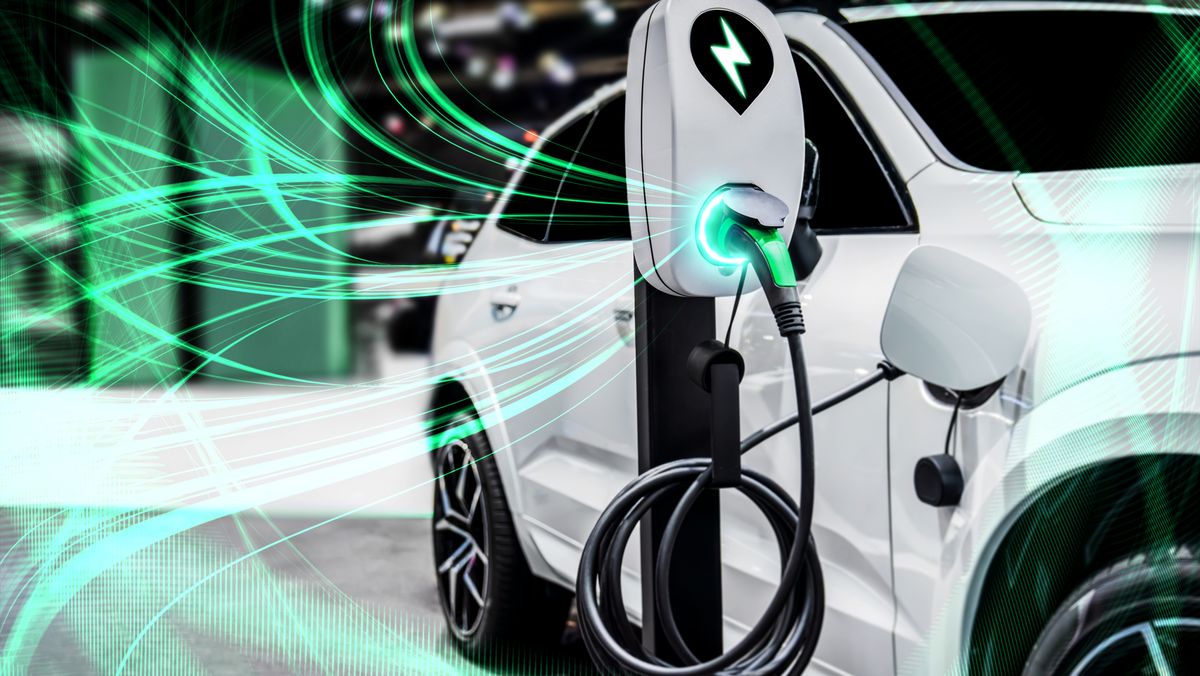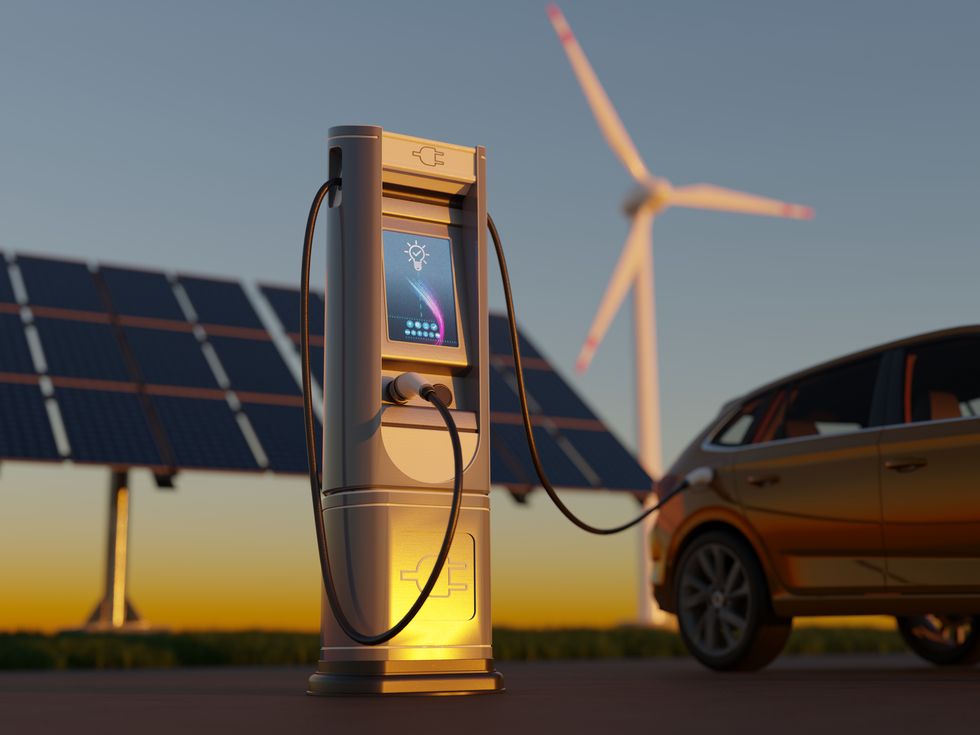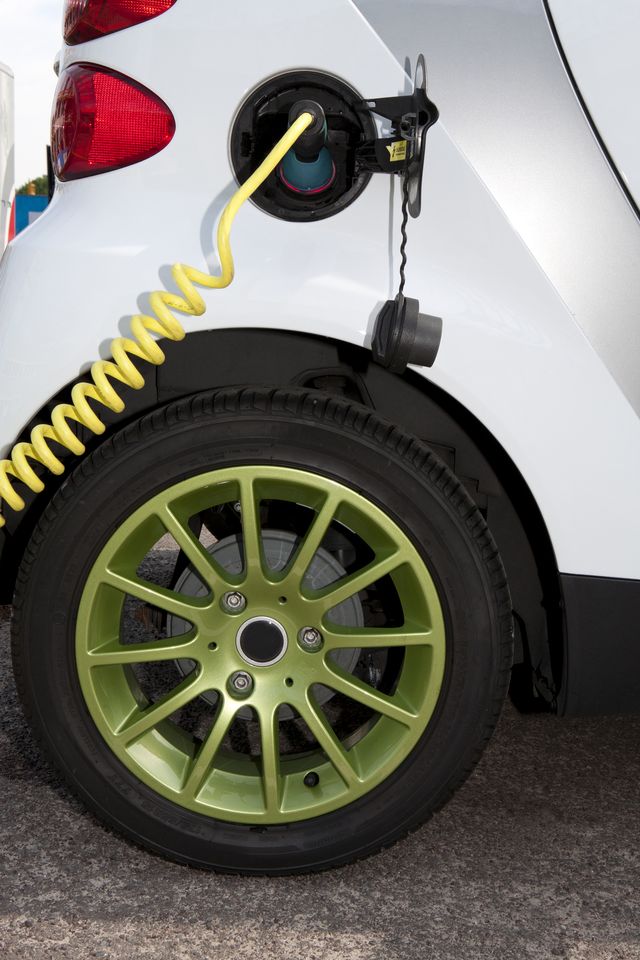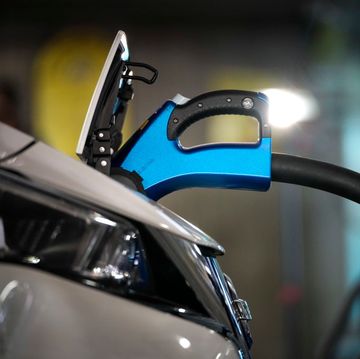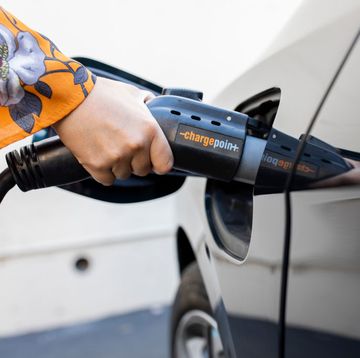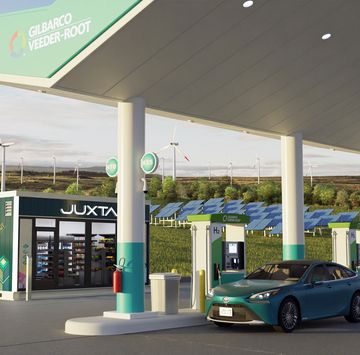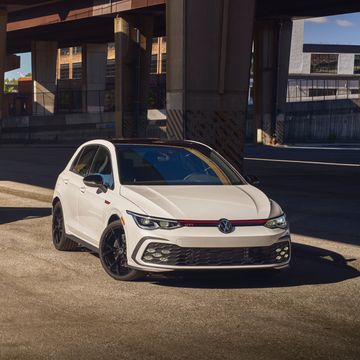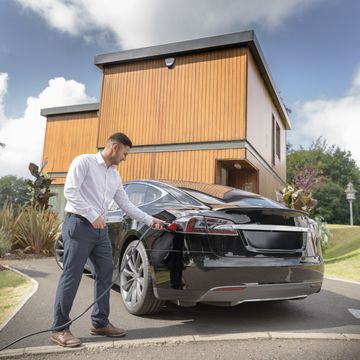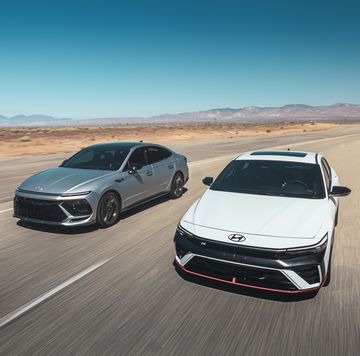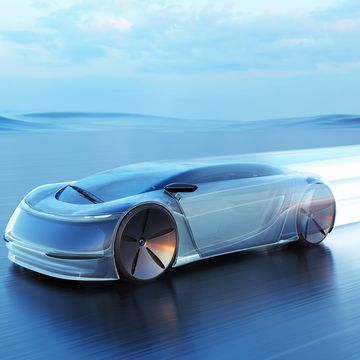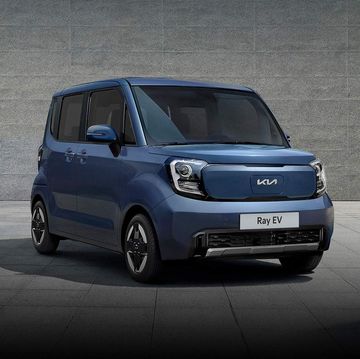Electric vehicles are here to stay, finally, and many people are excited about leaving fuel economy worries behind. Gasoline vehicles will eventually be phased out as electric passenger cars become more common and more affordable.
All of that said, electric cars do not run on magic, and do still require an eye on efficiency. The good news is that EVs are much more efficient than gas cars, but the measures of efficiency are slightly different in the electric world.
While the Environmental Protection Agency (EPA) issues miles per gallon (mpg) estimates for gas cars, the measure has been adjusted for EVs. The EPA offers MPGe estimates for electric cars, which means miles per gallon equivalent. It's a calculation made using a figure of electricity that the government determined is analogous to burning a gallon of gas. Depending on the car, the estimate may be much higher than a traditional gas car, but there are factors that impact energy efficiency.
Energy Consumption
Any system, even the most efficient electrical system, will experience energy loss. Electric vehicles are far less wasteful in this regard than gas engines, however, as EVs are able to convert over 77 percent of the electrical energy from the grid into power at the wheels. This means that, even though they take electricity, which is sometimes generated by burning fossil fuels, electric cars are less impactful to run than gas vehicles, which can only convert up to around 30 percent of the energy stored in gasoline.
Electric Car Emissions
Another major benefit to owning an EV is that they generate zero tailpipe emissions while in operation. This does not mean that your local utility company doesn't burn fossil fuels or create emissions from a power plant to generate electricity, but it does mean that you are not creating additional pollution every time you put your foot on the accelerator.
Reducing carbon emissions from cars may outweigh the benefit of fuel cost savings for many people, and it's a big reason for the push to put an electric vehicle in more driveways across the country. Depending on the electricity source, however, the level to which EVs are better than gasoline cars in this regard can vary. If a country or region uses coal power to generate electricity, that activity has to be considered when determining the benefit of EVs over internal combustion engines.
What Affects Electric Vehicle Efficiency?
Electric driving ranges and efficiency are affected by several factors that people owning a gas vehicle with a combustion engine don't usually have to worry about. Cold weather can dramatically reduce EVs' driving range and can impact the level to which an owner can charge the vehicle. In some cases, as much as 25 percent of an electric car's range can be slashed away by cold temps.
The driver's behavior behind the wheel also has a big impact on the energy efficiency of an electric vehicle. Just like in a gas car, wild acceleration and fast driving drastically increase an EV's energy needs and can greatly impact its power consumption. Other factors that impact efficiency include:
- Tires - The wrong tires can create too much rolling resistance and reduce vehicle efficiency.
- Weight and load - If your EV is loaded to the brim with people and gear, it won't be as efficient.
- Vehicle accessories - Using the heat, air conditioning, and even the stereo can reduce your EV's efficiency.
- Battery condition - Over time, your vehicle's original factory efficiency rating can degrade as the battery pack ages. A heavily used battery won't provide as much battery charging capacity or energy efficiency as a newer one.
